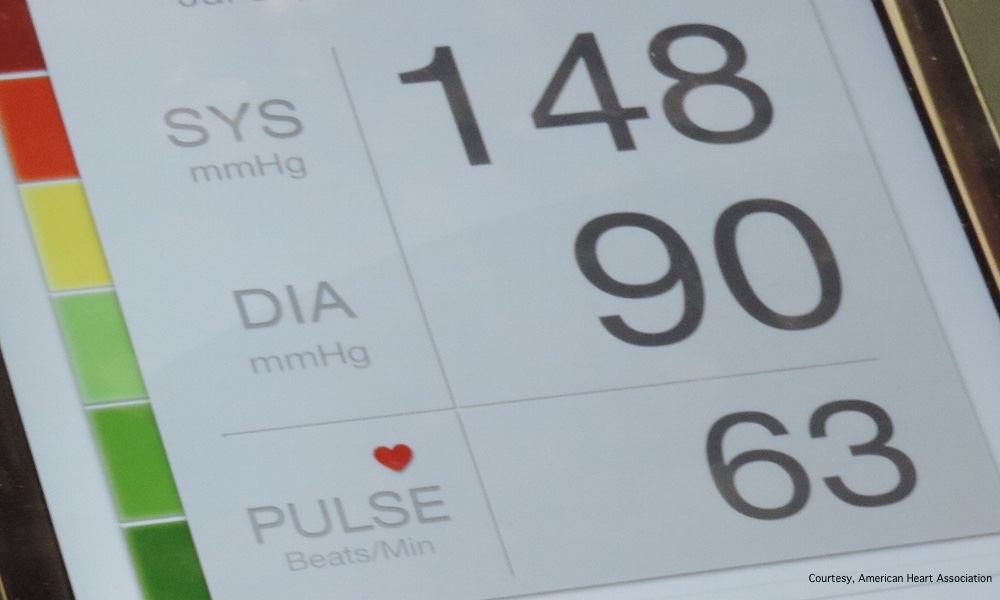Even if you can't feel your blood pressure meds working, they probably are, so it's important to keep taking them. An Italian study brings this home in a powerful way: people who kept up their meds lived longer. This was true no matter how sick or how well they were in general.
In Italy, healthcare is considered a right. The World Health Organization ranked Italy as the second best country in the world in terms of overall healthcare in 2020. Medications are either free or available at low cost, so if someone has a prescription, they're likely to get it filled. This makes the country ideal for studying how helpful a particular type of prescription is.
Looking at over a million residents of the Lombardy region of Northern Italy who took blood pressure medications, researchers examined death records over a seven-year period. All people in the study were 65 or older and had received a minimum of three prescriptions for blood pressure meds in 2011 to 2012. The patients’ medical records were used to determine how often each continued to receive prescriptions for their BP meds over those seven years or until they died.Even people in very poor health benefitted from taking blood pressure medicine.
The people were also grouped according to how healthy they were outside of their elevated BP. Based on their other medical conditions, they were placed in four groups that ranged from good to very poor health.
The people in good health who received BP meds for at least three-quarters of the study were 44 percent less likely to die than those who received BP meds for one quarter of the study or less. Even people in very poor health benefitted, with a 33 percent lower likelihood of death under the same prescribing conditions. Those in the two intermediate health classes showed an intermediate drop in their likelihood of death.
No matter what someone's initial health status was, they were less likely to die if they received blood pressure medication for at least three-quarters of the following seven years than people who received the meds less often.
The study only reviewed people living in the community, not those in nursing homes or assisted living facilities. And of course, the researchers couldn't know whether the people who received their prescriptions actually kept taking their pills. They probably would have if they had seen the study results.





